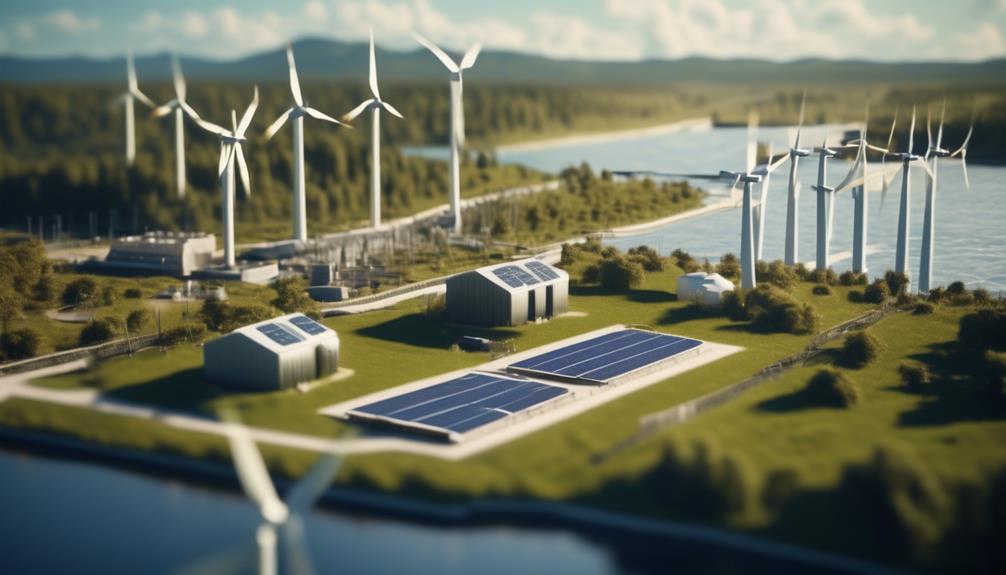In recent times, many UK businesses have been eagerly anticipating a reduction in energy prices, hoping for some financial relief in an uncertain economic landscape. However, the reality is that UK business energy prices aren’t falling as expected, and here are a few key factors contributing to this situation:
Global Energy Market Dynamics: A significant portion of the UK’s energy supply is linked to global energy markets. Fluctuations in global oil and gas prices can have a direct impact on energy costs in the UK. While prices may decrease temporarily due to market forces, they can quickly rebound, making sustained reductions challenging.
Renewable Energy Investments: The UK has been actively investing in renewable energy sources, such as wind and solar power. While this is a commendable effort to reduce carbon emissions, it also comes with costs. The development and maintenance of renewable energy infrastructure require substantial investments, which can offset any potential price reductions.
Network and Infrastructure Costs: Energy suppliers need to maintain and upgrade the energy grid and infrastructure. These costs are often passed on to consumers, including businesses. As the grid becomes more reliable and efficient, it can drive up energy bills, even if the unit price of energy decreases.
Government Policies and Levies: The UK government imposes various levies, taxes, and environmental charges on energy consumption. While these initiatives are essential for promoting sustainability, they can contribute to the overall cost of energy for businesses.
Uncertainty in Energy Markets: Energy markets are influenced by geopolitical events, regulatory changes, and technological advancements. Uncertainty in any of these areas can make energy suppliers cautious about reducing prices, as they need to manage potential risks.
Supply and Demand Dynamics: Basic economics come into play as well. If the demand for energy remains high or even increases, suppliers may be less inclined to lower prices. Similarly, if the supply of certain energy sources is limited, it can put upward pressure on prices.
In conclusion, while many factors contribute to the complexity of energy pricing, it’s important to understand that the interplay between global market dynamics, domestic policies, and the need for sustainable energy sources makes predicting and achieving significant reductions in UK business energy prices a challenging endeavour. Businesses should continue to explore energy-saving strategies, invest in energy efficiency measures, and stay informed about changes in the energy landscape to mitigate the impact of rising costs.


















